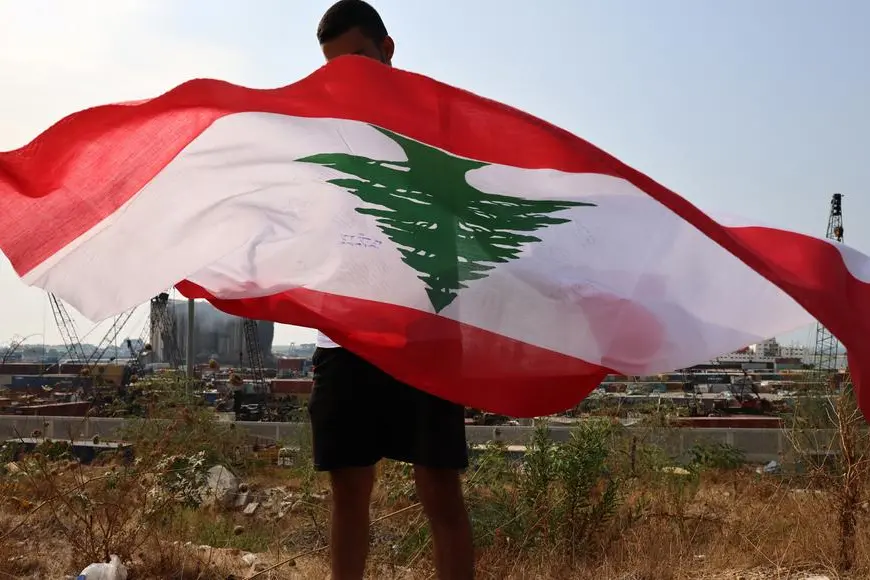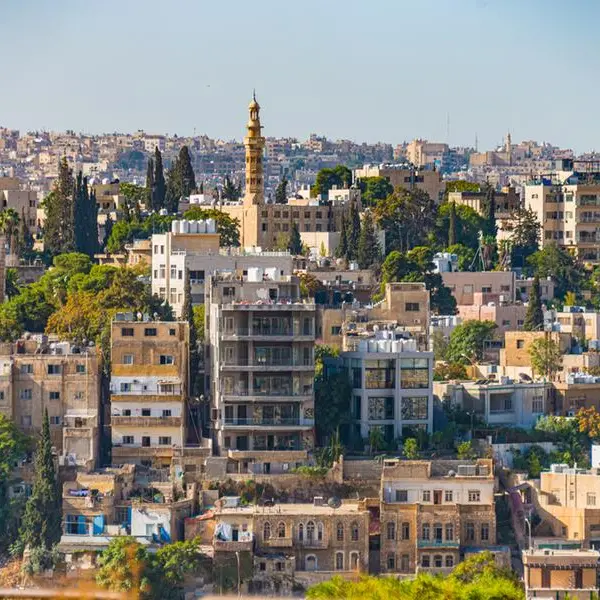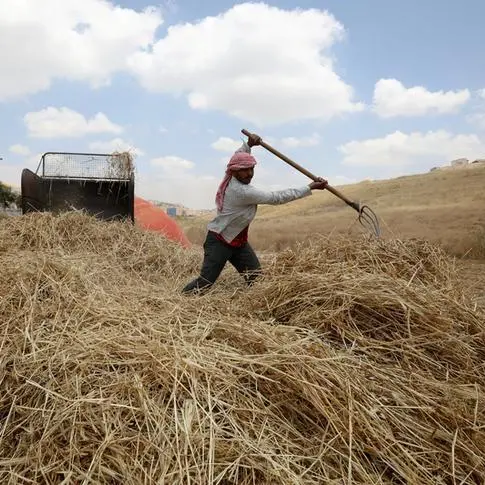PHOTO
Hezbollah wants Lebanon's next president to "reassure" the group and stand up to the United States, its leader Hassan Nasrallah said Friday, after Michel Aoun's term expired last month without a successor.
The international community has warned that a prolonged presidential vacuum would compound Lebanon's political and economic woes.
The country has already been ruled by a caretaker government with limited powers since May and is mired in three years of economic turmoil.
"We want a president who can reassure the resistance, who doesn't stab it in the back," said Nasrallah, who heads the powerful Iran-backed group.
Lebanon's next president "should not be scared if the US ambassador or the US administration yells at him... He must not begin to tremble and make concessions," he added in a televised speech.
Lebanon's divided parliament has held five rounds of voting since September, with no candidate garnering enough support to succeed Aoun, as Hezbollah and its allies cast blank votes.
Lawmaker Michel Moawad has gathered the most votes in parliament although he is far from securing enough support to clinch the presidency.
Moawad has good ties with Washington and has repeatedly asked for Hezbollah -- the only faction to keep its weapons after the end of Lebanon's 1975-1990 civil war -- to disarm.
Hezbollah has not officially backed a candidate, but Nasrallah has warned that the next Lebanese president cannot be close to Washington, which he accused of "intervening" in Lebanon.
Some lawmakers have accused the Shiite movement and its allies of obstructing the ballot.
The group adopted such tactics during the last election -- a move that left Lebanon without a president for more than two years.
Nasrallah denied accusations of obstruction.
"A presidential vacuum is no one's goal," he said. "We want a president as soon as possible."
He also lauded the former president, saying he "did not betray the resistance or stab it in the back".
Without a dominant party in parliament, decisions like electing a president, naming a prime minister or forming a government can take months or even years of political horse-trading, sometimes even leading to violence.
But Lebanon can ill-afford a prolonged power vacuum as it grapples with a financial crisis dubbed by the World Bank as one of the worst in recent world history.
© Agence France-Presse




















